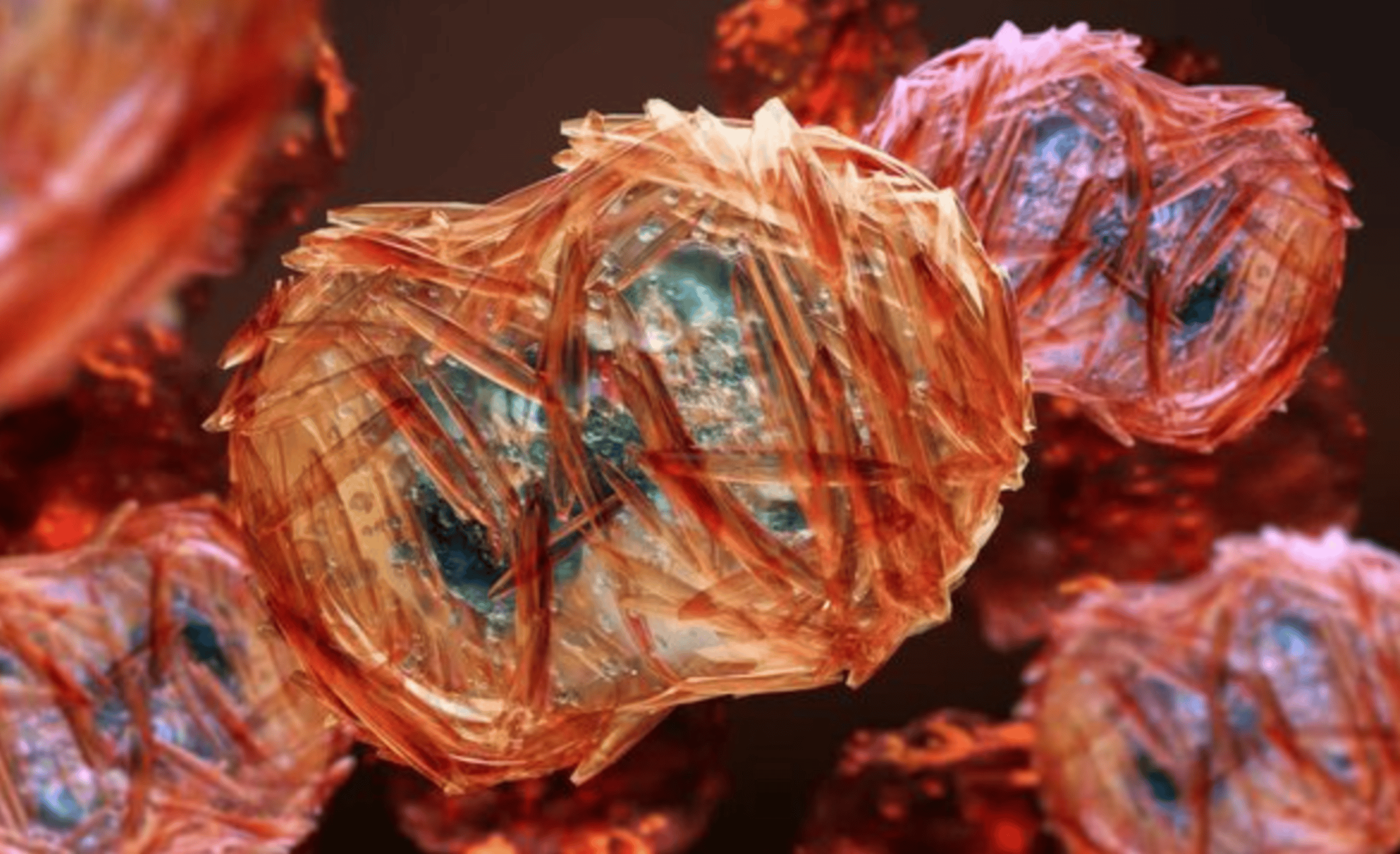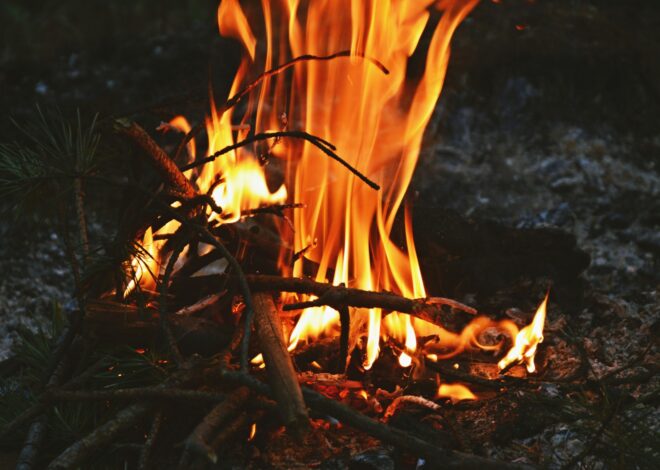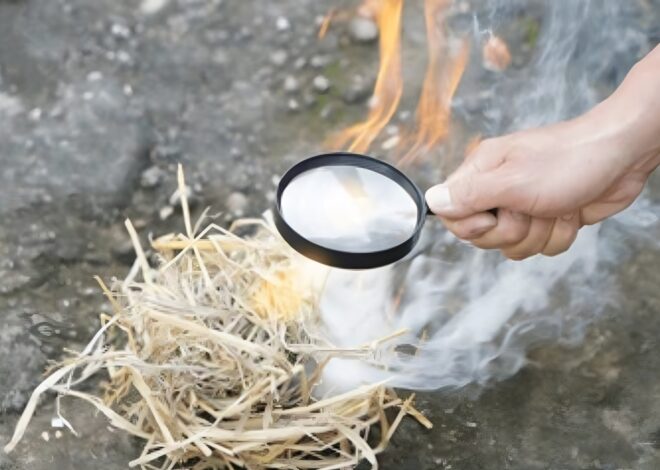
How To Survive Monkey Pox
Understanding how to survive monkey pox is crucial, especially as we navigate through ongoing health challenges. Monkeypox is a viral disease that has recently gained attention due to its rising cases in various parts of the world. With symptoms reminiscent of smallpox, it can be alarming for many.
This guide will help you grasp the essential facts about monkey pox—its transmission, symptoms, and effective treatment methods. Knowledge is power when it comes to protecting yourself and your loved ones from this contagious virus. So let’s dive in and empower ourselves with information that could make all the difference!
How is Monkey Pox transmitted?
Monkey pox is primarily transmitted through direct contact with an infected person or animal. This can happen during close physical interactions, such as hugging or kissing. The virus can also spread via respiratory droplets when someone breathes in particles released by an infected individual.
These droplets may occur during coughing, sneezing, or even talking. Another route of transmission includes touching contaminated surfaces or objects. If the virus lingers on bedding, clothing, or utensils used by the infected person, it poses a risk to those who come into contact with these items.
It’s important to note that monkey pox isn’t as contagious as other viruses like chickenpox or COVID-19. Awareness and understanding of these transmission methods can help you take appropriate precautions to protect yourself and others.
Symptoms of Monkey Pox
Monkey pox presents with a variety of symptoms that can vary in severity. Initially, individuals might experience fever, chills, and fatigue. These flu-like signs often appear suddenly. Following this initial phase, a distinctive rash develops.
It usually starts on the face before spreading to other parts of the body. The spots can evolve into raised bumps filled with fluid or pus. It’s essential to note that some may also suffer from swollen lymph nodes. This symptom is unique when compared to smallpox and can provide further clues for diagnosis.
Painful lesions might develop as the condition progresses, leading to discomfort in daily activities. Awareness of these symptoms helps in early identification and prompts timely medical attention if needed.
Treatment and Prevention Methods
Treatment for monkey pox primarily focuses on alleviating symptoms. Patients may receive antiviral medications, especially if the illness is severe. It’s crucial to consult a healthcare professional promptly for guidance.
Prevention plays an essential role in controlling outbreaks. Practicing good hygiene can significantly reduce the risk of transmission. Regular handwashing with soap and water or using alcohol-based sanitizers is vital.
Avoiding close contact with infected individuals also helps prevent spread. Quarantine measures may be necessary for those diagnosed or suspected of having monkey pox. Vaccination offers another layer of protection, particularly for at-risk populations.
Staying informed about vaccine availability and recommendations can empower you to take proactive steps. For travelers heading to high-risk areas, being aware of local health advisories is key. Carrying basic medical supplies like antiseptics and bandages can be beneficial as well.
The Importance of Vaccinations
Vaccinations play a pivotal role in public health, particularly when it comes to infectious diseases like Monkey Pox. They prepare the immune system to recognize and combat viruses effectively. The vaccines can significantly reduce the risk of severe illness.
When more people are vaccinated, community immunity increases, protecting those who cannot be vaccinated due to medical conditions. Awareness about vaccination options is crucial. Not everyone may realize that certain vaccines can provide cross-protection against similar viruses.
Staying informed about vaccine availability and recommendations helps individuals make proactive choices for their health. In areas where outbreaks occur, timely vaccinations could curb transmission rates swiftly.
Engaging with healthcare providers ensures you receive updated information on what’s necessary for your safety. Choosing vaccination contributes not just to personal well-being but also fosters collective resilience against potential outbreaks in your community.
Tips for Travelers to High-Risk Areas
When traveling to high-risk areas for monkeypox, preparation is key. First, research your destination thoroughly. Understand the current health situation and any travel advisories in place. Pack essential items like hand sanitizer and disinfectant wipes. These will help maintain hygiene during your travels.
Always wash your hands frequently, especially after touching surfaces or using public transport. Consider wearing protective clothing when in crowded places or close contact with others. Long sleeves and pants can provide an extra layer of defense.
Avoid direct contact with animals that could be carriers of the virus. This includes wildlife and pets you may not know well. Keep emergency contacts handy, including local health facilities’ numbers should you need immediate assistance while on your trip. Stay informed about available healthcare options at your destination too; it’s vital for peace of mind.
Staying Safe During an Outbreak
During an outbreak, staying informed is crucial. Monitor reliable news sources for updates on monkey pox cases in your area. Practice good hygiene consistently. Wash your hands frequently with soap and water or use hand sanitizer. This simple act can reduce the risk of transmission significantly.
Limit close contact with others, especially if someone shows symptoms. Avoid crowded places whenever possible to minimize exposure. If you feel unwell or exhibit any signs associated with monkey pox, seek medical attention immediately. Early diagnosis can lead to better management of the condition.
Consider wearing masks in high-risk environments. They provide an additional layer of protection against airborne pathogens. Cultivate a support network—friends and family who understand your concerns can help ease anxiety during uncertain times. Ensure you’re not isolated while navigating this challenging situation; communication is key to mental well-being.
Conclusion: Be Prepared and Educated About Monkey Pox
Understanding how to survive monkey pox is crucial in today’s world. Knowledge empowers you to recognize symptoms and understand transmission methods, helping you take proactive steps for yourself and your loved ones.
Staying informed about vaccination options can provide an additional layer of protection. If you’re traveling to high-risk areas, preparation becomes even more vital. Carrying essential supplies and maintaining good hygiene practices can significantly reduce your risk.
During outbreaks, being aware of the latest health guidelines will keep you safe. Remember that staying calm and collected makes it easier to navigate any situation effectively.
Education is key when facing potential threats such as monkey pox. Equip yourself with reliable information, share resources, and foster a community focused on safety and support. Awareness helps us all stay one step ahead in protecting our health.



